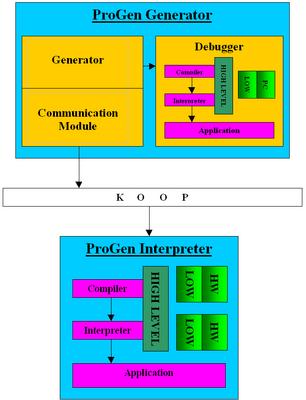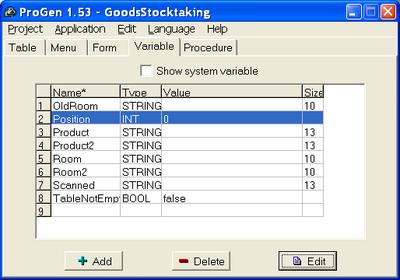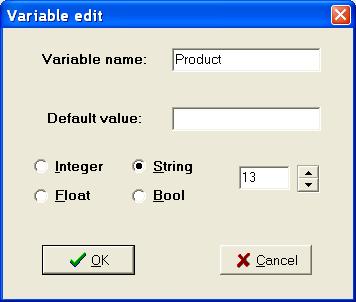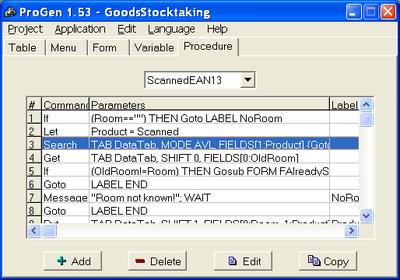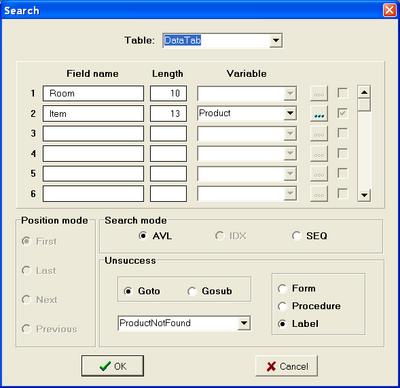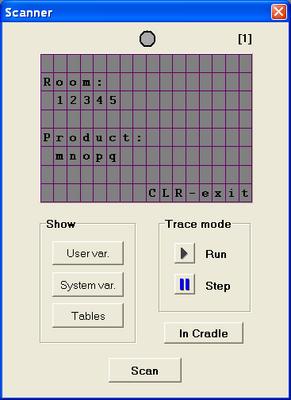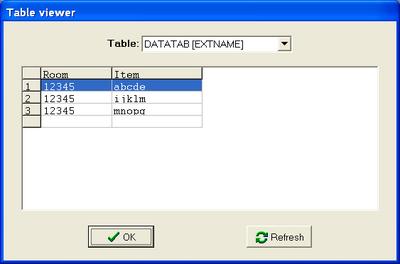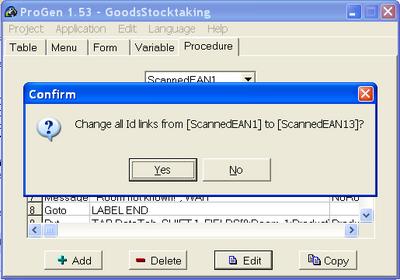Inventions that will change the world
I would bet my last dollar that any of these inventions will change the world the same as the Internet and mobile phones have already changed it.
Google glass will completely change the way we use computers today. Instead of sitting in front of a screen connected either to a computer, laptop, tablet or smartphone, we will wear the screen all the time just on our eyes. There will be dozens of new applications or improvements to the existing ones. This will concern not only practical applications for navigation, shopping, dating, running a job interview, tour guidance or gaming applications (adventures, RPGs, simulations, strategies, racing, adults; basically all of them) but also military, medical, educational and other applications. We will (finally!) stop using keyboard to command the computers and will (more naturally) use voice, hands and other kinetic sensors.
Self-driving cars will wipe out most of car driver jobs, no matter if the drivers are driving trucks or cabs. It will lead to almost-zero number of accidents in the streets and also dramatically drop the car sales. People will stop buying cars and will share them instead. Why having my own car in a city where is no place to park if the car can pick me up any time I need?
3D printers will bring total customization to any product being sold. Wanna iPhone with your nickname written on the home button? Or with the name of your love? Just print the button out! For some products, it will also speed up their delivery. Instead of waiting for Amazon to send us a new toy, we will receive an e-mail with the toy's model and we will print it out on our own or a local store 3D printer.
Bitcoin brings not only freedom to financial markets and a new virtual commodity but many more revolutionary ideas. There is a person who already well summarized the *coin's benefits, see here.
Haptic touch screens with realistic tactile sensation will greatly improve the experience when running an app on a tablet or smartphone. This will not only open touch screens to blind people and improve the impression of existing applications but also bring completely new applications. One example from many of the existing technologies is here.
